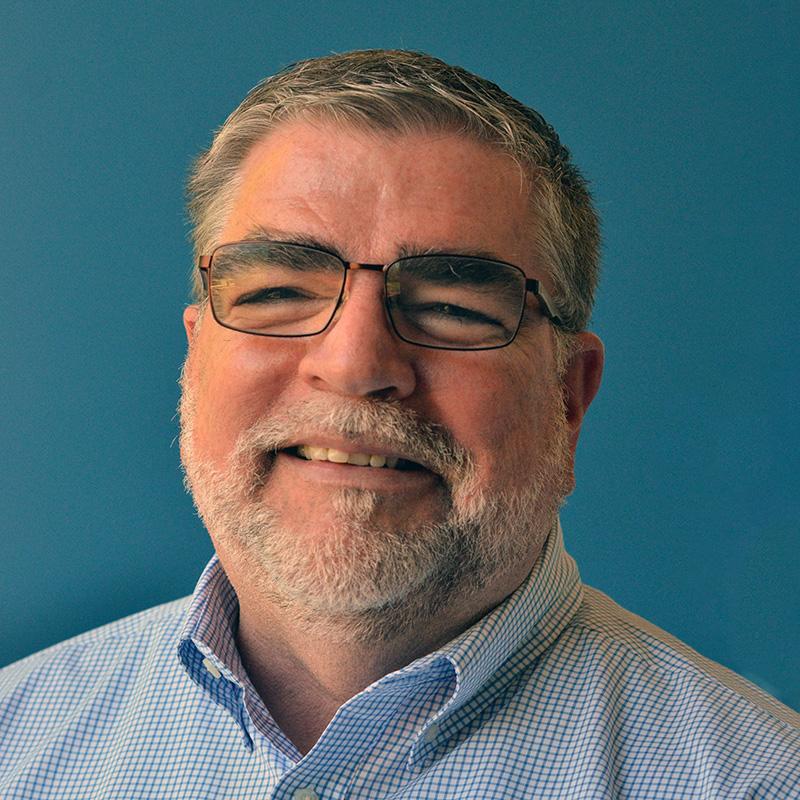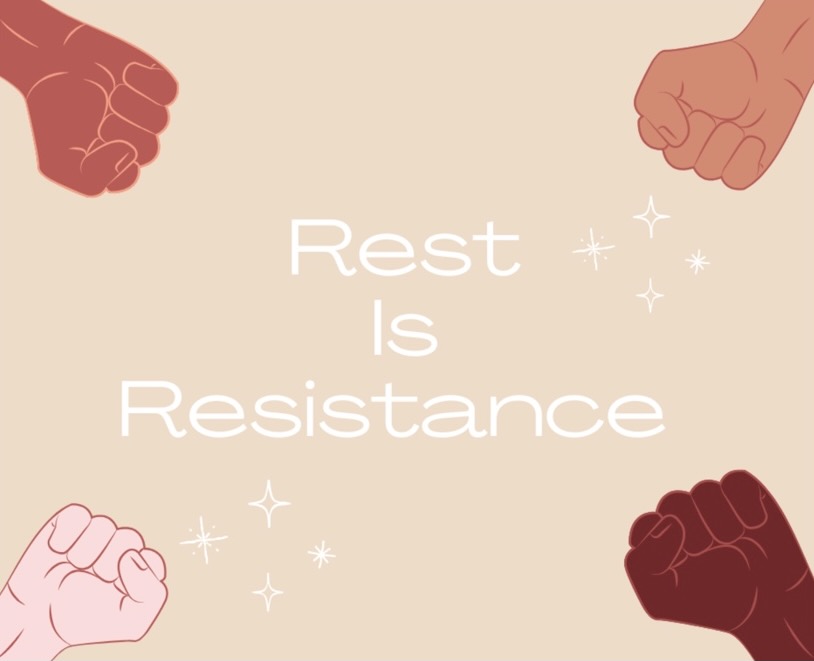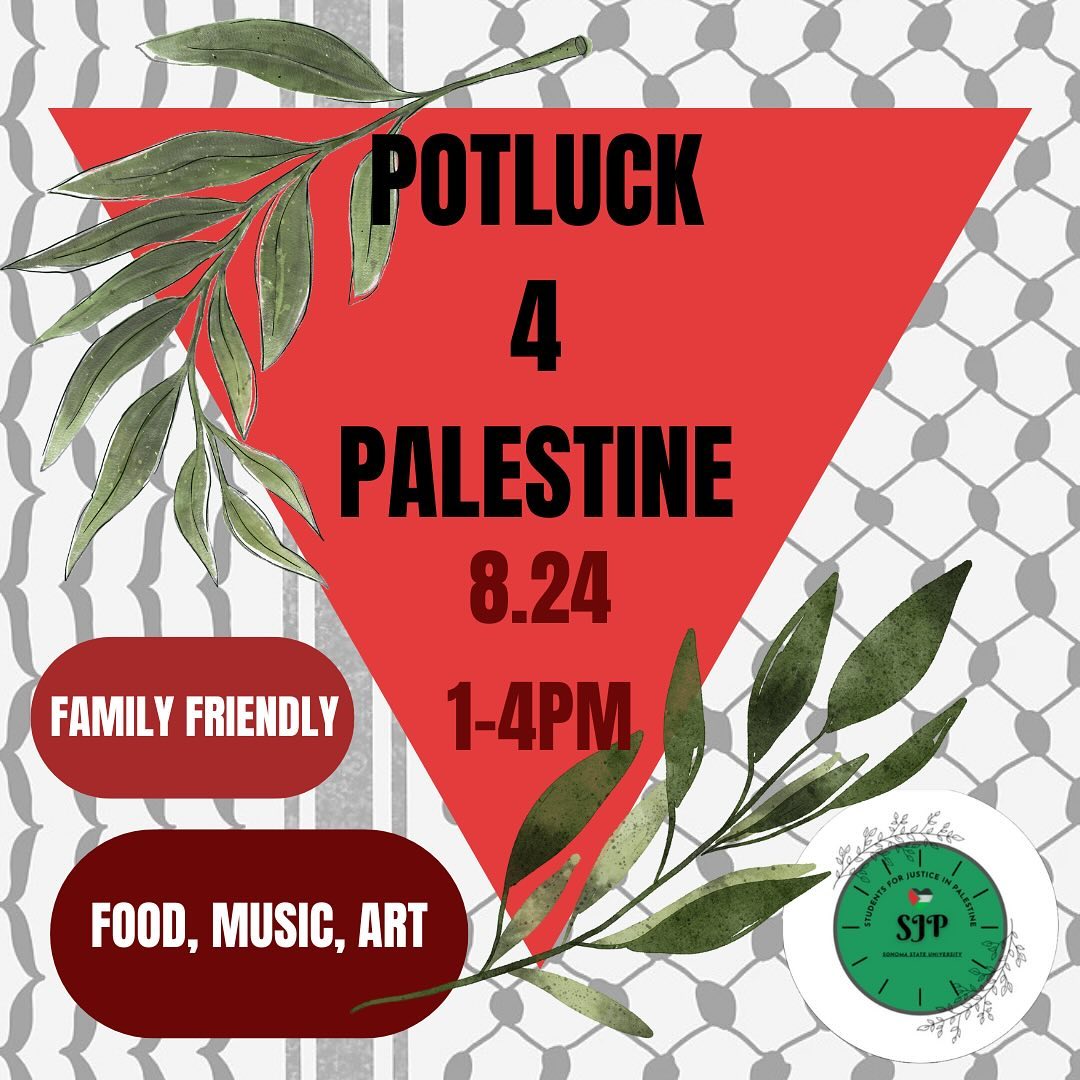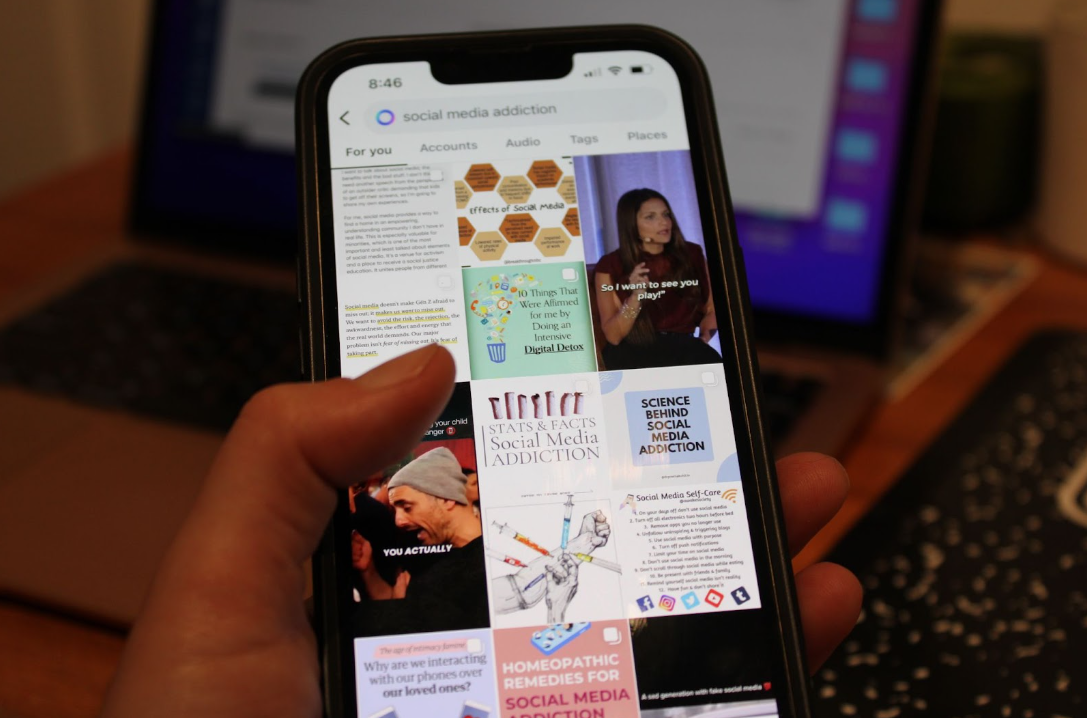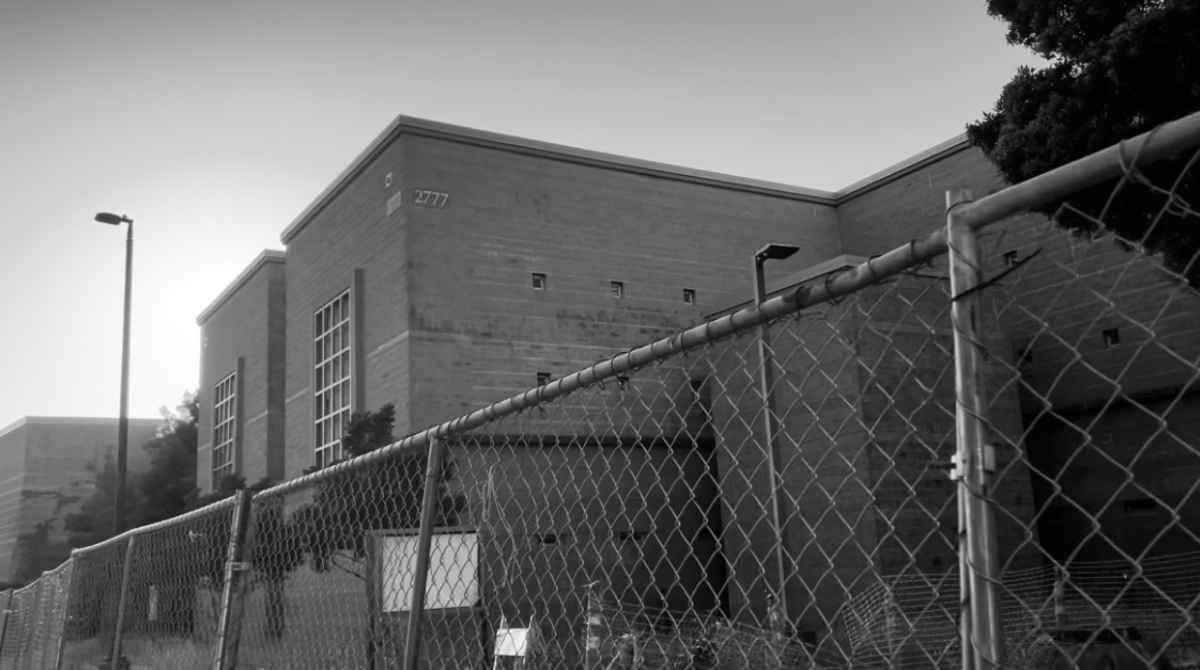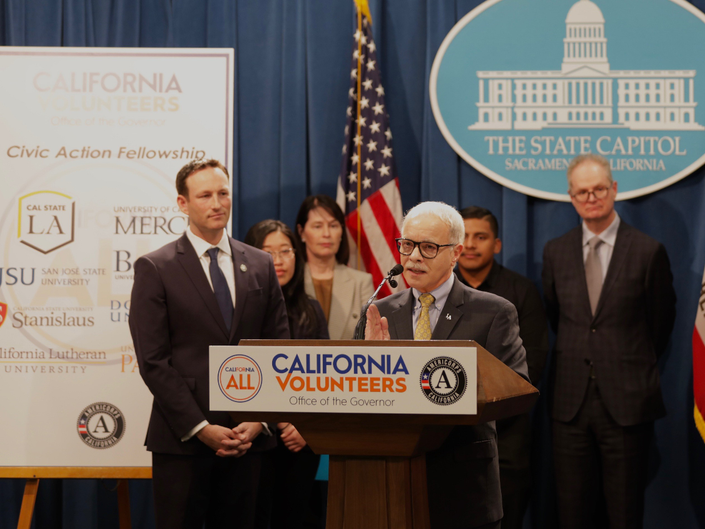
California program offers tuition assistance
Seth Baldwin, Staff Writer
• February 19, 2020
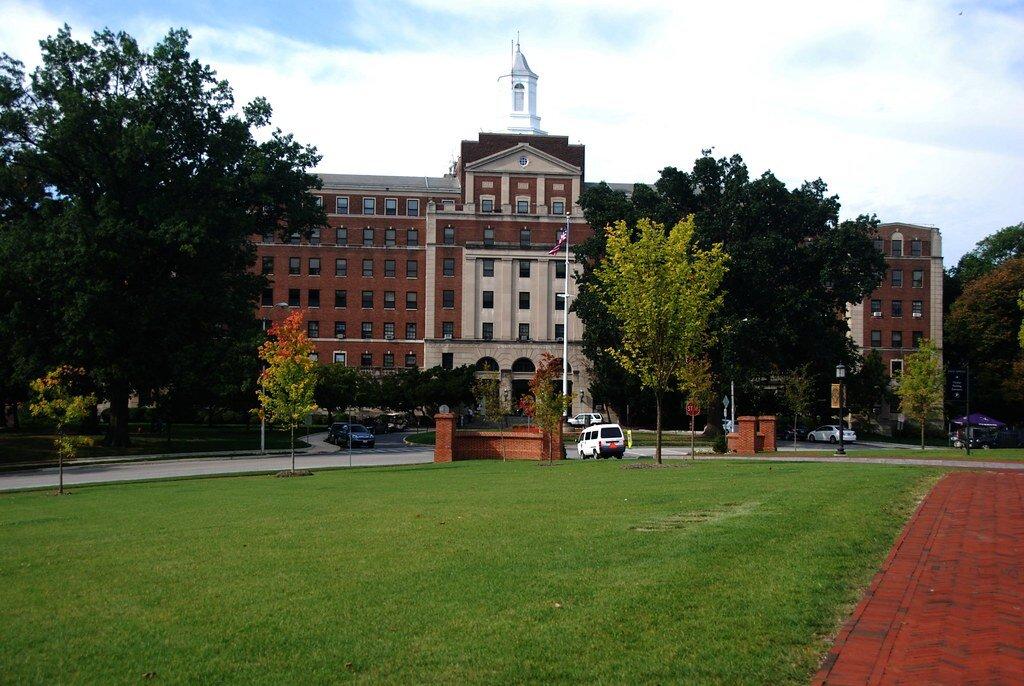
John Hopkins University ends legacy admissions
Seth Baldwin, Staff Writer
• February 12, 2020
Load More Stories
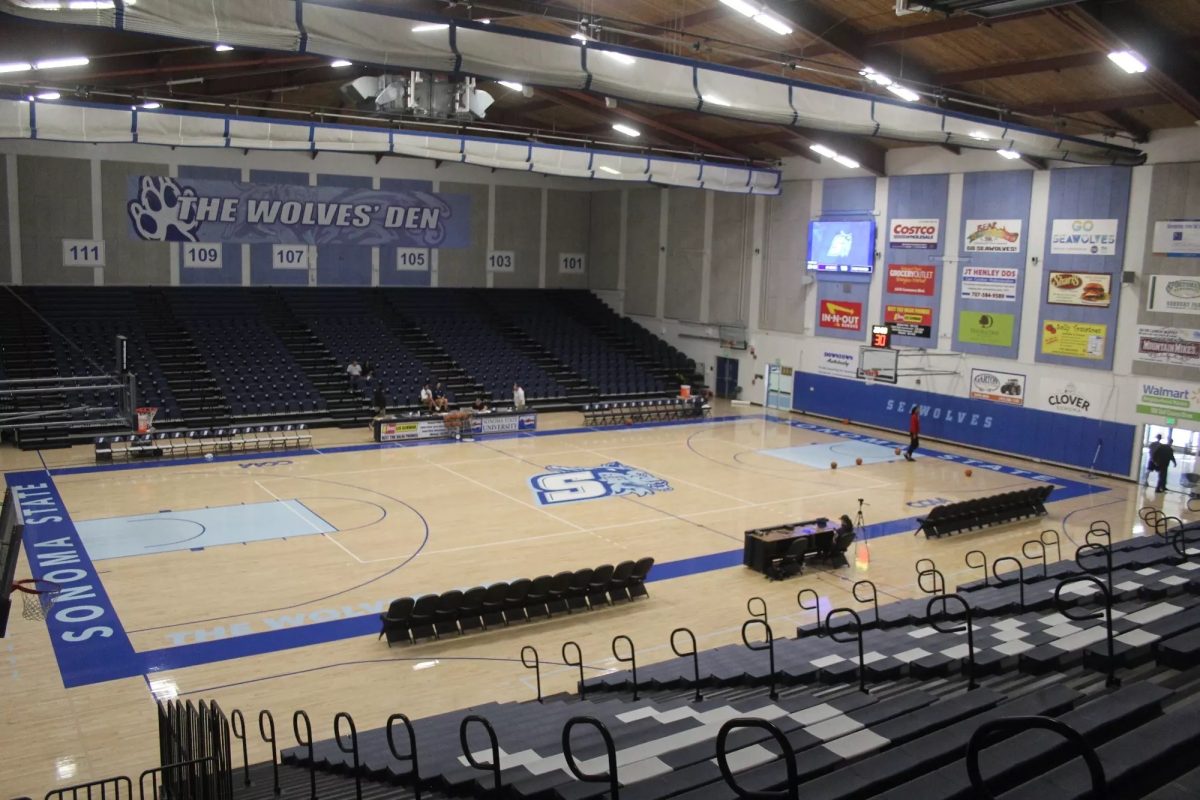
Kaili Spooner, Staff Writer • December 8, 2024

Tess Wilkinson, Staff Writer • December 7, 2024
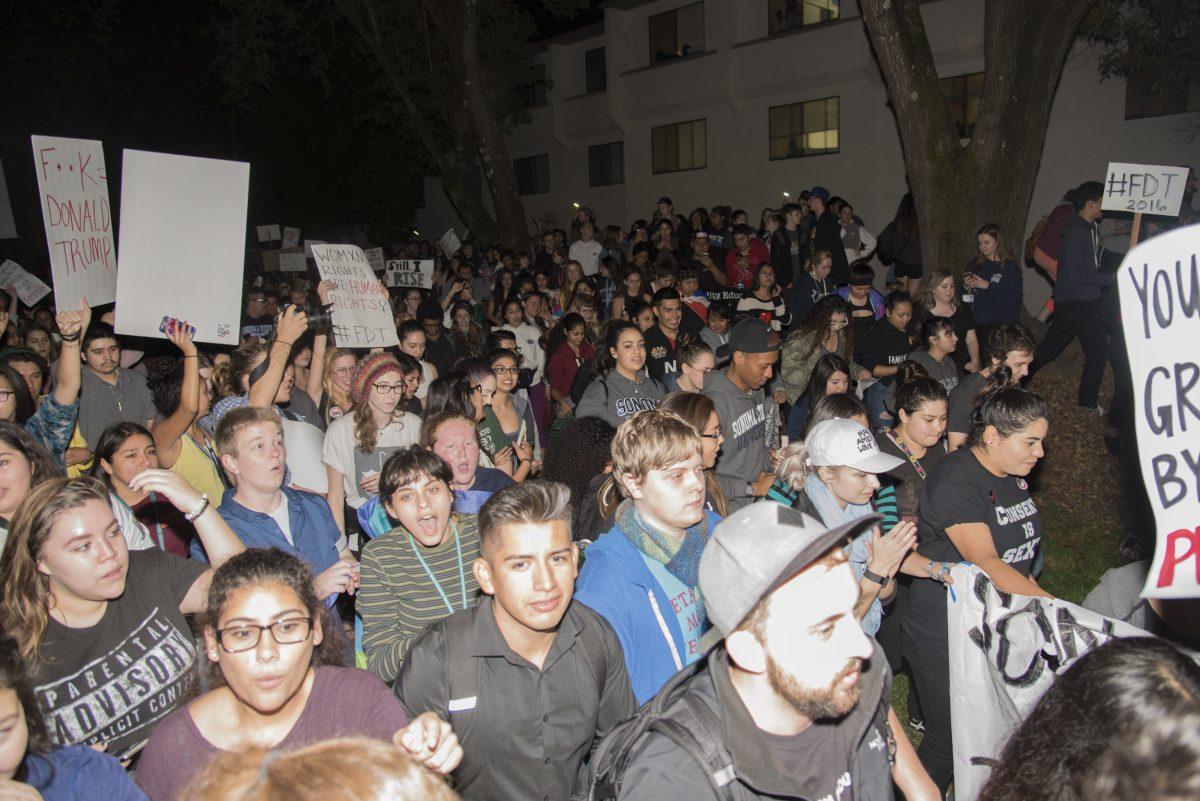
Tess Wilkinson, Staff Writer • December 7, 2024
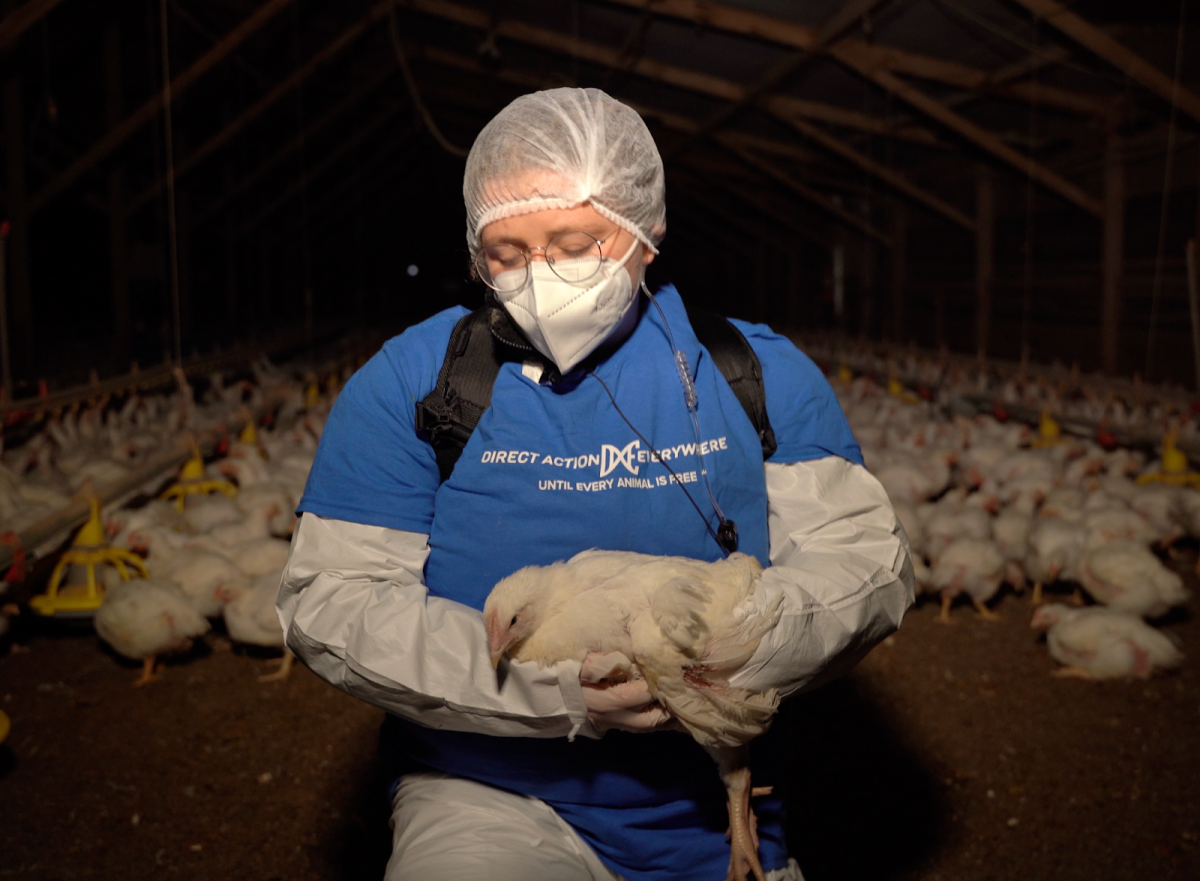
Tess Wilkinson, Staff Writer • December 7, 2024

Tess Wilkinson, Staff Writer • December 7, 2024

